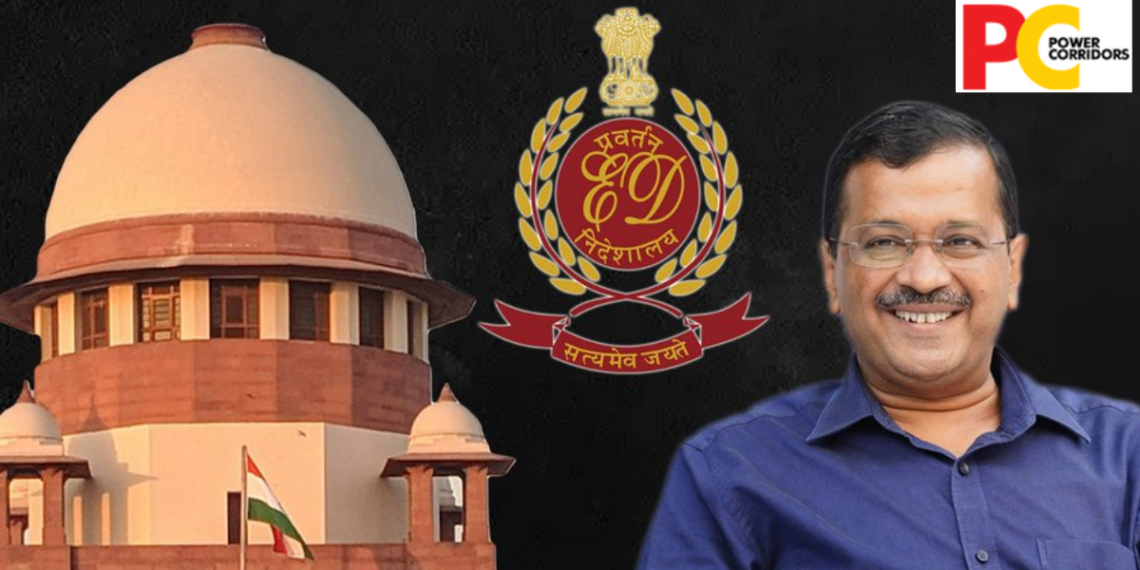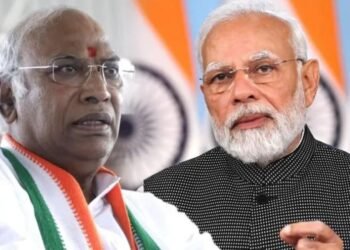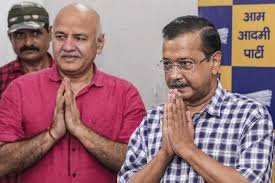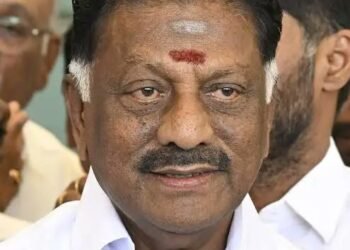Arvind Kejriwal, a prominent leader of the Aam Aadmi Party (AAP), found himself in hot water as the ED, a law enforcement agency under the Ministry of Finance, sought his cooperation in unlocking his iPhone as part of their investigation. However, despite the pressure from authorities, Kejriwal has steadfastly refused to unlock his device.
Apple has rebuffed the Indian government's appeal to unlock the iPhone belonging to Arvind Kejriwal, the Delhi Chief Minister and a prominent opposition figure. This refusal coincides with Kejriwal's detention by the Enforcement Directorate (ED) over accusations related to… pic.twitter.com/PLsuxl4gVD
— POWER CORRIDORS (@power_corridors) April 2, 2024
Why ED Needs Arvind Kejriwal’s iPhone?
The ED’s interest in Kejriwal’s iPhone stems from its relevance to an alleged scam involving Delhi’s liquor policy. While Kejriwal asserts that he did not use the device when the policy was drafted, the ED remains adamant about accessing its contents for investigative purposes.
Also Read – AAP: Arvind Kejriwal’s health crumble under ED custody, sugar level fluctuates
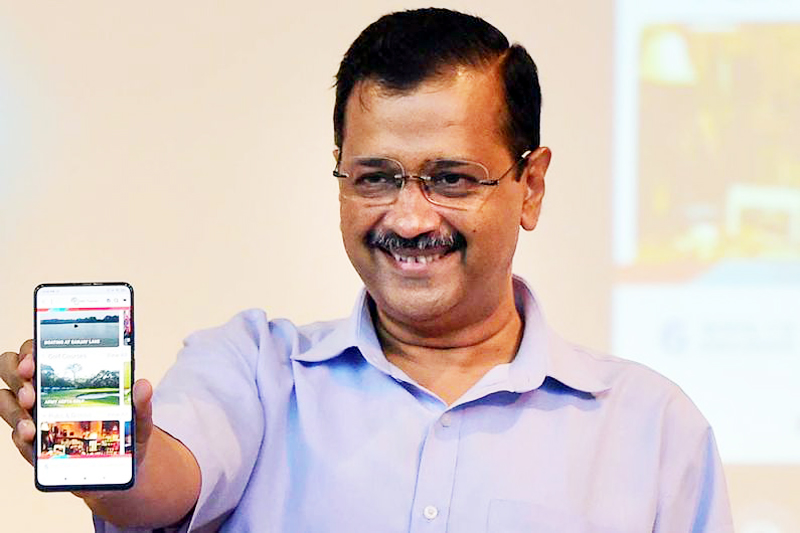
Apple’s firm stance on user privacy adds complexity to the situation. Despite the government’s plea, the tech giant has committed to protecting user data and privacy, refusing to comply with the request to unlock Kejriwal’s iPhone. This refusal highlights the ongoing debate surrounding privacy rights and government access to personal devices for law enforcement purposes.
The standoff between Kejriwal and the ED and Apple’s refusal to cooperate underscores the broader tensions surrounding the intersection of technology, privacy, and law enforcement. As the Indian government grapples with the implications of Apple’s decision, the case has drawn attention to the delicate balance between security concerns and individual rights in the digital age.
Also Read: Delhi Excise Policy Case: CBI seeks Arvind Kejriwal’s custody, after ED
Kejriwal’s arrest and the subsequent refusal by Apple come at a critical juncture, with India gearing up for General Elections scheduled to commence on April 19. Kejriwal’s incarceration has sparked debates about the political motivations behind the allegations and the timing of his arrest, mainly as he represents a significant opposition force challenging the ruling Bharatiya Janata Party (BJP).



